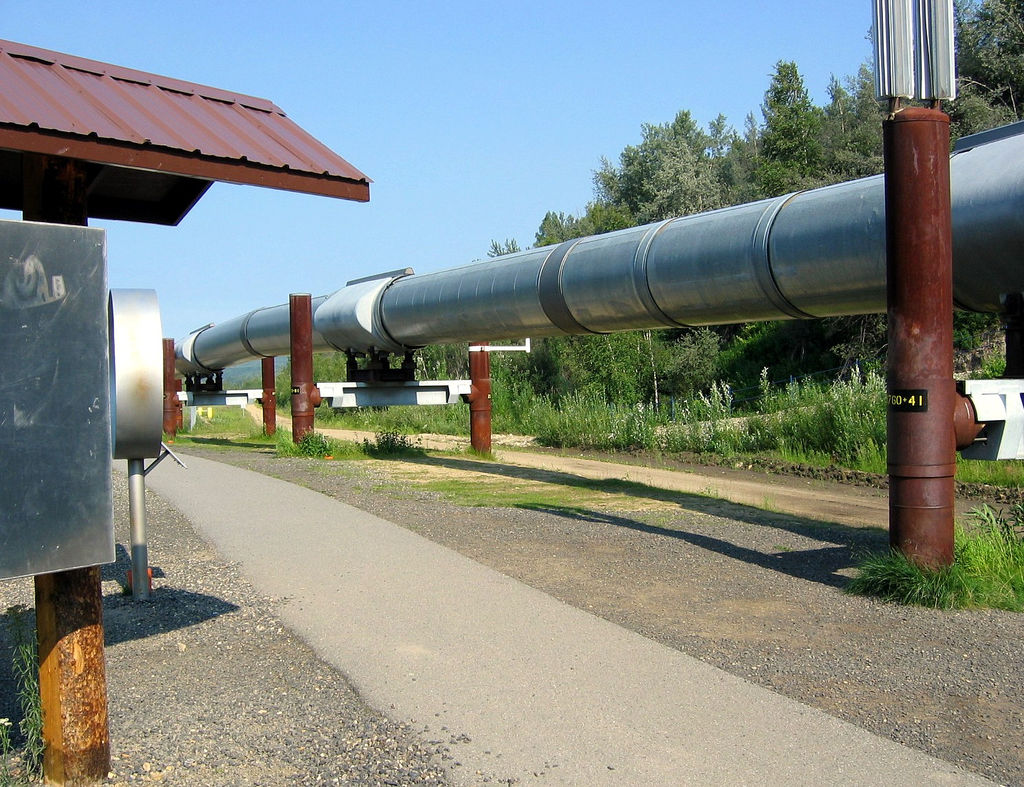The oil and gas debate is raging, with people on both sides of the issue vehemently defending their position. Perhaps the most debated of all is the topic of offshore drilling, which has been making for heated conversations everywhere from Congress to cocktail parties. The current debate involves the OCS, or outer continental shelf, which potentially contains large reserves of oil. Both proponents and opponents of OCS drilling argue about the economic benefits, the effects to the environment, and the longevity of energy production the oil from the OCS will provide.
Environmental Effects
When people talk about drilling for oil, one of the most common responses heard is, “But what about the Caribou?!” referencing the Canadian pipeline said to be endangering the species. But the Caribou aren’t the only things at risk when it comes to drilling: those that argue against offshore drilling cite statistics stating that drilling causes harm to the air, oceans, food and agriculture, wildlife, and water. On the other hand, proponents of drilling argue that drilling the OCS would have little impact on the environment. The truth is, anytime that oil is extracted from the ocean floor, there is a risk of other chemicals and toxins rising too, most commonly mercury, lead, and arsenic. These toxins do harm ocean and sea life. Another risk to ocean mammals are the seismic waves that are used to locate oil reserves, which can throw off a whale’s sense of direction.

And we all of course know about the offshore spills that have occurred, like the most recent one caused by BP’s Deep Water Horizon.
Improvements in technology are occurring, however, which are minimizing the effects on whales and maximizing efficiency, causing fewer pollutants to escape. Since the 1970s, the amount of oil spilled into the ocean has decreased significantly, meaning that technique is slowly improving. It is estimated that that oil spills will continue in the future though, at a rate of 10,000 barrels every 3 to 4 years—a number that might cause some to rethink their stance on drilling.
Economic Benefits
One of the problems of the OCS debate is that it’s unknown exactly how much oil is down there, and therefore it is impossible to know how much economic and energy benefit would be received. Those in favor of drilling say that releasing the ban on offshore drilling of the OCS could result in the world market lowering its oil prices. But those opposed to the drilling say that it would take tremendous amounts of oil to cause the market to lower its prices, far more than the US could provide by drilling in the OCS. Additionally, the drilling itself is expensive, requiring pricy equipment and labor. And the Energy Information Administration has published data stating that drilling now wouldn’t affect the cost of oil until 2030, and then by only a few cents per gallon.
Sustainable and Renewable Energy
While it’s unknown how much oil is available via drilling of the OCA, it is estimated that there’s probably not enough to fuel America (based on our current oil consumption) for more than two years. Which means that even if we drill now, we’ll still need another source of energy in the near future. There’s no doubt that we need energy, and while we don’t currently have other options, drilling for oil might seem like a good idea to buy us some time. Those opposed to drilling, however, argue that that money should be spent searching for alternative and renewable fuel sources, which will sustain us for much longer. Mobility Oil and Gas offers excellent services to the oil and gas industry. We work closely with our clients to develop and deliver tailored made courses that meet their business needs.
Kenneth Fremont is a freelance writer based in Bellingham, WA. Readers intrigued by the pipeline debate should check out the API storage tanks from dragonproductsltd.com.
Image credit goes to Kayak49.




























